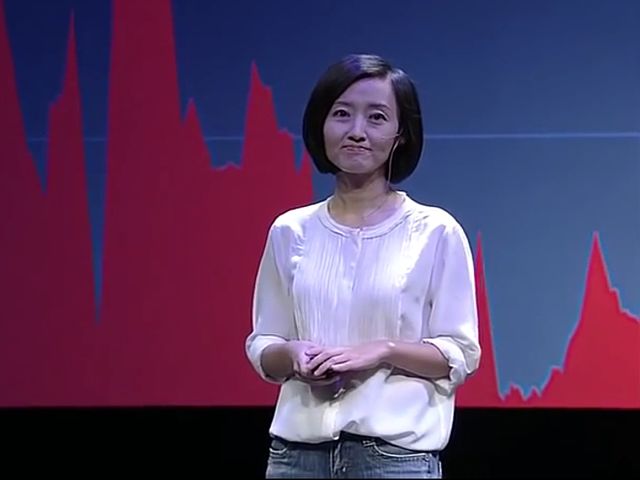In a prime example of censorship, the video documentary “Under the Dome” by Chai Jing was taken off the Chinese internet after a hugely successful weekend of over 200 million views, or one-third of China’s total internet viewership. To properly gauge the monumental circulation achieved, compare it to “What Does the Fox Say?” which reached 100 million views in 35 days, “Gangnam Style”, which reached 500k views in one week, and “Anaconda”, with 76 million views also in one week. If this one hour and forty-three minute documentary has captured attention without employing any melodies or dancing, then clearly it is doing something right.
“Under the Dome” uses effective journalistic techniques to explore air pollution in China. Chai Jing, a former CCTV (China Central broadcasting network) reporter, opens with an appeal to pathos: she states that her personal investment in the topic of China’s smog began when her newborn was diagnosed with a tumor. In doing so, she invites other parents to contemplate the futures created for their children.
Image Source: Johannes Eisele.
With the sympathies of the audience hooked, she shows clips from visits to research centers in multiple cities examining if air pollution standards are being met or even enforced. Many of these researchers used jargon such as “PM 2.5.” She identifies the audience’s potential confusion, further aligning herself with them by saying, “I don’t really understand what this medical jargon means. Therefore, with the help of scientists, we made an animation to explain the effect.” The animation shows how particulate matter disrupts the human respiratory system, including a cameo appearance by 2D Ironman. Further along, the documentary compares the lack of enforcement of China’s air pollution regulations to the effectively enforced air quality standards in cities such as London and Los Angeles.
Finally, she concludes the presentation with an individual call to action, demonstrating how she encouraged her neighboring food businesses and gas stations to purchase air filters simply by casting a camera on them.
While widely compared to Al Gore’s “An Inconvenient Truth” and Rachel Carson’s Silent Spring, this documentary’s power and vehicle of conversation resemble that of Silent Spring more than that of “An Inconvenient Truth”. Rachel Carson, a woman, appealed to a large working and middle-class housewife audience by mentioning the environment outside of the house. Another difference is that Al Gore was a highly public personality, so his film was already endorsed by him making it. Rachel Carson, on the other hand, sought endorsement from Supreme Court Associate Justice William O. Douglas. Likewise, Chai Jing sent advance copies to a few figures in the Chinese government for approval. Once Chai Jing’s film became public, it was endorsed by the recently appointed Environmental Minister Chen Jining, who stated that it brought up the issue of air pollution that “had to be addressed immediately”, perhaps propelling further discussion to become “the only thing discussed on social media sites” for a span of three days. With such a ringing endorsement, video comments ranged from approving the government’s seeming acknowledgement of the problem to critical indignation at the corruption hinted at in the film.
Image Source: Feng Li.
Indeed, Chai Jing’s documentary is not the first environmental documentary by Chinese news reporters. Two reasons have been cited for this video’s importance: first, its wide circulation has reached mass audiences, and second, it is the first of its kind to point out problems within the government. This is probably why the film was later taken down and no government officials further cited the documentary. Many people suspect that the government did not anticipate such wide viewership and wanted to avoid an uprising during crucial annual talks.
This documentary has sparked much conversation, which gives some people hope for change. Chai Jing’s approach is refreshing because towards the end of the film, she offers a way for ordinary citizens to participate—by reporting air quality violations by calling a number. This documentary has already triggered economic and social reverberations: it has propelled Chai Jing into the ranks of TIME’s 100 most influential people, and stock shares of “environmentally-friendly” companies to their trading limits during the week after its release. As for whether it will lead to an environmental movement in China as Silent Spring did in the US, it is unlikely that it will succeed; US environmental activists faced many difficulties in the 1960s, even without censorship.
Featured Image Source: Poolning.










